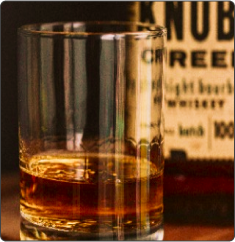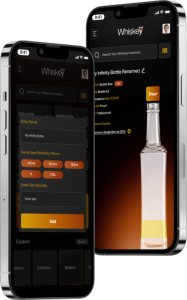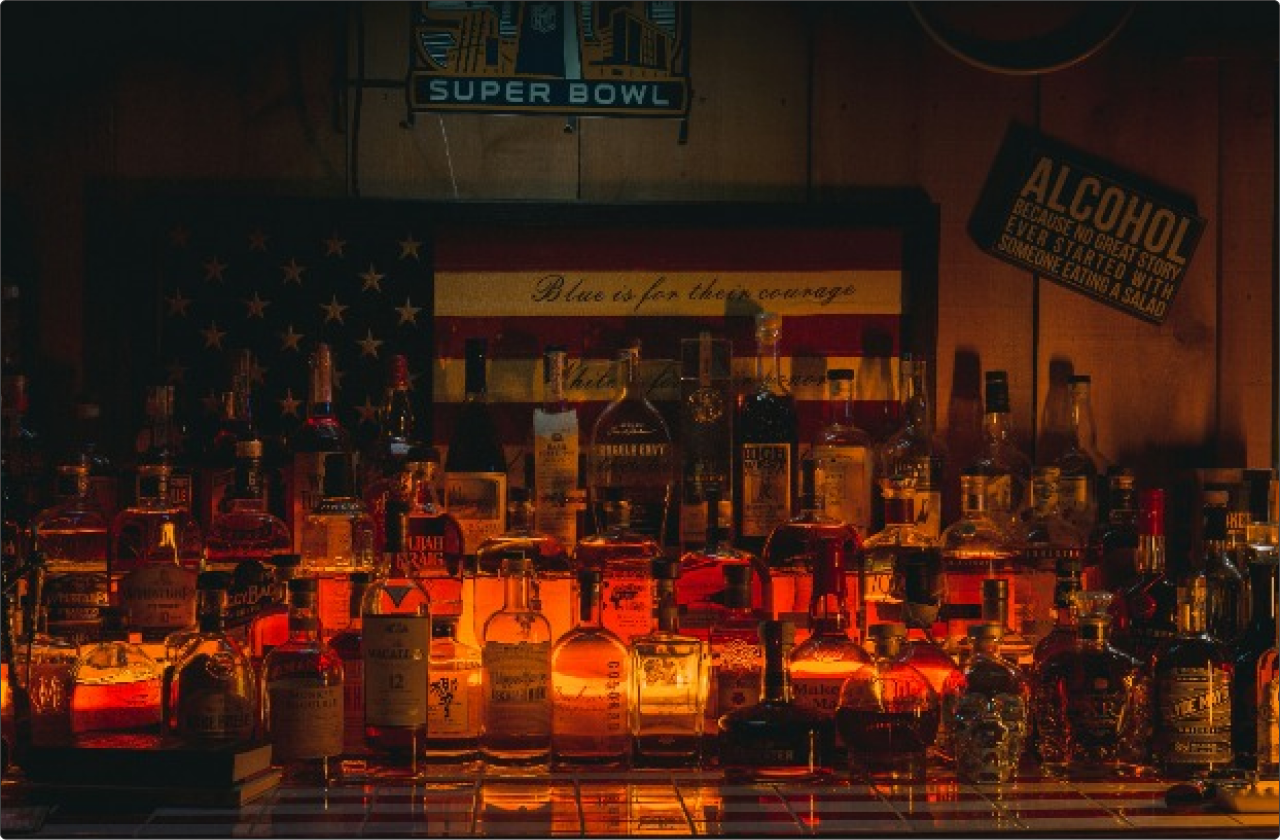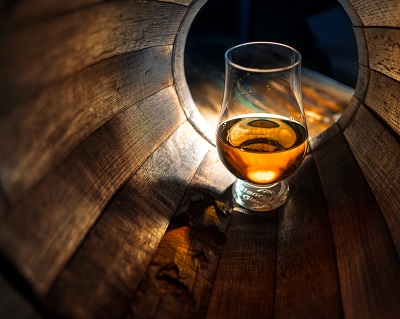Numerous whiskey aficionados boast an array of whiskey bottles in their home bars. The longevity of whiskey hinges on whether the bottle remains sealed or has been opened and if the cork is sealing well.
Storing unopened whiskey is straightforward. Unlike wine, the quality of unopened whiskey doesn’t improve or deteriorate with time. Whiskey only matures while in contact with oak wood within the cask. It’s essential to store whiskey bottles upright since their corks don’t seal as tightly as those in wine bottles as they degrade with contact to alcohol. Unlike wine corks, whiskey corks are reusable. Synthetic corks seal better than wood corks.
Direct sunlight should be avoided as it can bleach the color of whiskey due to ultraviolet light over time. Shielding whiskey from light with a bar cabinet or packaging can extend its shelf life to over ten years or indefinitely for a sealed bottle with climate control. However, due to slight evaporation through the cork, the liquid level may diminish over time. Monitoring the level by marking the neck with a felt pen can be helpful.

For collectors looking to store whiskey for extended periods, careful consideration is required. Lower temperatures slow down evaporation, so storing whiskey at a cooler temperature than room temperature is advisable. Regularly tightening screw-top bottles by hand is necessary as they tend to loosen over time, increasing evaporation. Make sure corks are also tightly sealed. Replace loose corks with better fitting corks. Very dry regions can lead to wood corks failing quicker and the whiskey oxidizing to a level that’s undrinkable. There are rubber seals you can purchase which fit over the corks and can further seal the bottle protecting the whiskey in the bottle longer. Search for “silicone wine bottle covers” to find these products.
Basement storage requires protection from humidity to prevent mold from forming on the labels. A thin plastic bag can provide airtight packaging, but it’s essential to ensure that the bag doesn’t contain any chemicals that could affect the whiskey through the cork.
Opened whiskey undergoes taste changes over time, though not as quickly as wine. It remains drinkable for six months to two years, albeit with reduced flavor, smell intensity, and complexity. Alcohol evaporates, resulting in a smoother taste, while gases in the air interact with the whiskey’s flavor compounds, leading to unpredictable taste changes—sometimes for the better, sometimes not.
A failing cork is a primary reason for whiskey to become undrinkalbe. To minimize these changes, transferring the whiskey to a smaller bottle to reduce air contact is recommended. However, decanters should be avoided unless they have a tight seal, such as a plastic seal or ground glass joint. Starting an Infinity Bottle to combine the remnants of exceptional whiskeys can limit air exposure. It’s prudent not to have too many whiskey bottles open simultaneously and to consume opened bottles within several months to a year.


